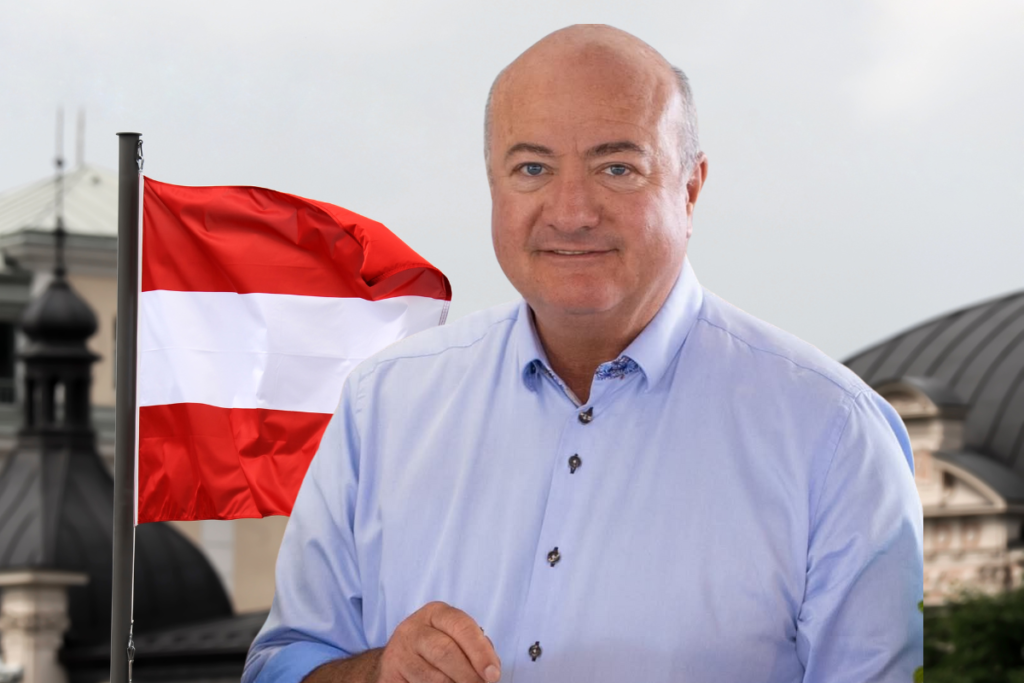Chancellor Rachel Reeves has committed to a long-term economic strategy, emphasizing patience and resilience in the face of immediate economic challenges. Her approach, dubbed “securonomics,” prioritizes national economic security and long-term growth over short-term gains.
In her recent spending review, Reeves announced over £100 billion in public infrastructure investments, funded largely through borrowing. This includes significant boosts to health and defense spending. However, the plan also involves raising council taxes by 5% annually, the steepest increase in two decades, potentially leading to the fastest rise since 2001-05.
Despite these measures, economic growth remains sluggish, with a 0.3% contraction in April. The Institute for Fiscal Studies warns that Reeves is “just a gnat’s whisker” away from needing tax hikes in the autumn if economic forecasts worsen.
Reeves’s strategy faces criticism for its reliance on long-term investments that may not yield immediate results. Critics argue that the government’s focus on infrastructure and planning reforms may not be sufficient to stimulate short-term economic growth. Additionally, the government’s first.
In conclusion, Chancellor Reeves’s economic strategy represents a bold gamble on long-term growth and stability. While her commitment to “doing, doing, doing” reflects a desire for decisive action, the effectiveness of her approach will depend on the government’s ability to navigate immediate economic challenges without compromising its long-term objectives.



